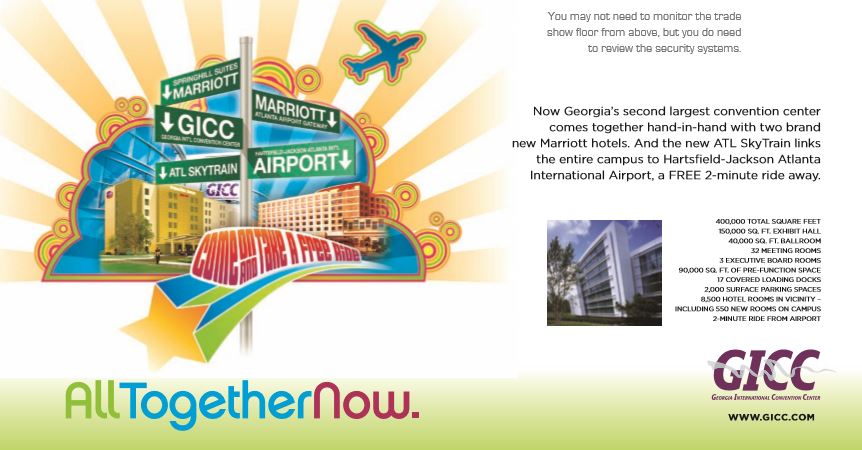
Like everything else in the meeting planning business, the site selection process has adapted to the short-term scheduling of meetings, budgetary cuts and technological advancements. Many meeting planners might recall the luxury of having a six-month or year-long lead time to research hotels and venues, but that window might now be reduced to one month or less. And with a reduction in travel expenses, a visit to the properties may not be an option. While technology can assist with some of this research, knowledge of your meeting’s history and current objectives will provide the greatest guidance.
- Let the objectives guide the location. the objective of your meeting is the first factor to guide location. While holding a meeting at an ocean- side resort may work as an incentive for an annual conference for association members who will combine it with a family vacation, an airport property might be a better fit for a brief, high-level meeting with global attendees. if the meeting’s objective is to educate the attendee with very few social activities, a conference center or university facility would be a good match.
- Build an attendee profile. A thorough knowledge of your attendee demographics and interests is a key aspect in determining a property’s compatibility. are your attendees international and do they require special services? look for hotels with a multilingual staff and international currency exchange. does your program allow families and include a separate spouse agenda? properties with babysitting services and family-friendly recreational activities should be considered.
- Provide a history. When writing a request for proposal, providing your meeting’s historical data will assist the property in determining rates and contractual concessions. a group that schedules both group meals and heavily patronizes the restaurants and lounges after hours may be more apt to meet a higher food and beverage minimum than a group who has most of their meals offsite. if a meeting is slow to register and picks up the room block the two weeks before the event, the property might negotiate an extended cut-off date.
- Know your space requirements. it’s a given that you won’t select a property if it doesn’t have enough meeting or sleeping rooms to fi t your group, but don’t forget your ancillary space needs as well. a group bringing in specialty materials might require storage space close to the meeting room. a program that includes representatives from the media might require additional wireless access points in a command center close to the general session. even the location of specific sleeping rooms can have a bearing on your booking decision. if your ceO conducts daily meetings in his suite, but it’s located far away from the main program functions, a less expansive property may be a better option.
- Write a custom RFp. When writing your request for proposal (rfp), customize it to your meeting’s specific needs. it’s tempting to use a generic rfp or one supplied by a convention and visitor’s bureau, but the more specific you can be — including your meeting’s objectives, attendee profile, historical data and space requirements — the more targeted the responses you will receive.
- Evaluate the options. If your timeline or budget doesn’t allow for an in-person site inspection to the property, many hotels have virtual Web sites that allow you to walk through the rooms and get a feel for spacing and décor. be careful to ask when the images were taken and if there have been any renovations or space alterations since the images were uploaded. it’s also important to gather references from colleagues who have recently held similar meetings at the prospective property (within the last year). if a planner experienced any challenges, ask if they were rectified and follow up with your salesperson to see what improvements were made.
- Survey the site. If you are able to perform a physical review of the property, create a checklist in advance of all the facilities you want to review and the hotel staff you need to speak with. send a site inspection agenda to the property in advance to make sure every aspect of your evaluation is accomplished.
Monica Compton, CMP, is an event specialist with Pinnacle Productions Inc. based in Atlanta, Ga. She has 18 years experience as a global meeting planner, managing a variety of programs both domestically and internationally.

